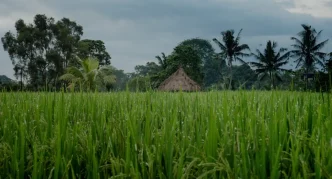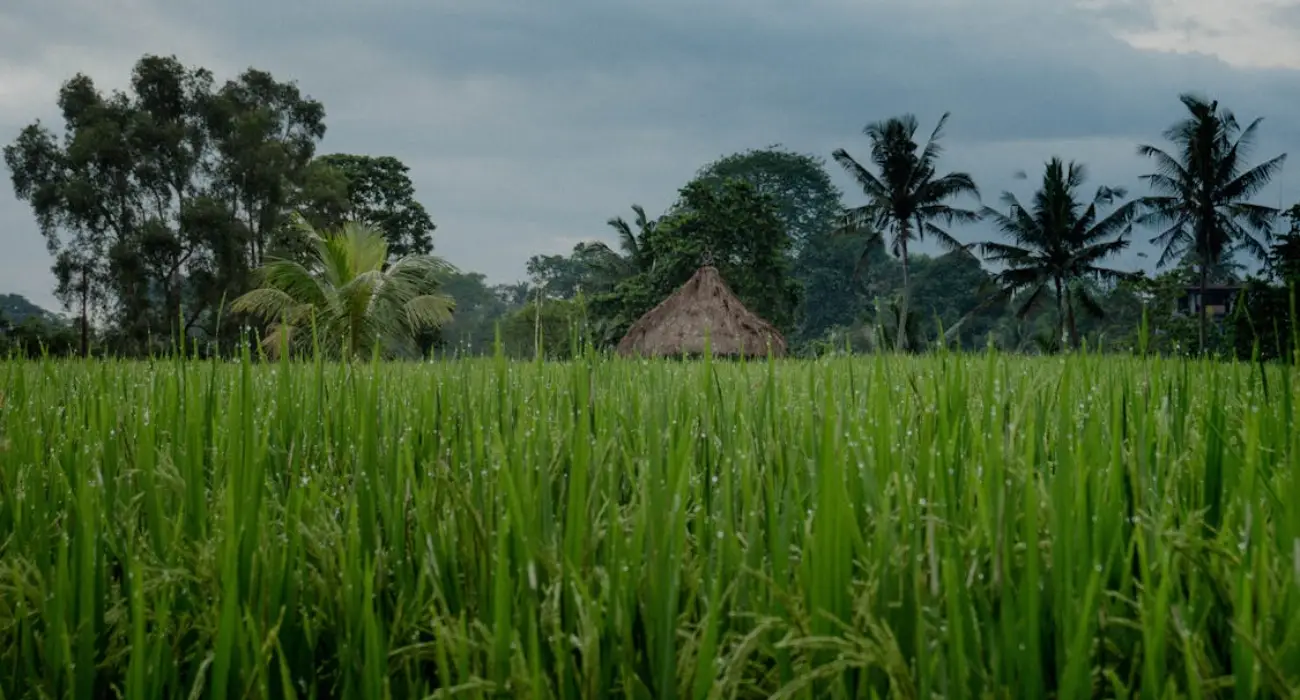Malaysia is at a crossroads over a decision that could reshape its agricultural landscape. A potential move to join the International Union for the Protection of New Varieties of Plants (UPOV 1991), a global treaty on plant variety protection, has ignited concerns among local farmers and food security experts. Critics warn that adopting the treaty could criminalize traditional practices such as seed saving and sharing, increase costs, and deepen farmers’ dependence on large seed corporations, threatening the livelihoods of smallholders across the country.
A Threat to Traditional Farming Practices
The UPOV 1991 treaty, designed to encourage innovation by granting plant breeders exclusive rights over new varieties for 20 to 25 years, has been hailed by some as a driver of agricultural advancement. However, its stipulations could have far-reaching consequences for Malaysia’s farming communities, particularly smallholders who rely on age-old practices. According to Tan Chee Keong, secretary of the Federation of Vegetable Farmers Associations, many local farmers still use their own seeds, a tradition that could be deemed a criminal offense under the treaty’s framework.
“Farmers may be forced to buy seeds only from large companies” said Tan, highlighting fears of corporate monopolies. He pointed to specific crops like bananas, which are often propagated using suckers—shoots that emerge from the plant’s roots or lower stem. “If we join UPOV, even using your own suckers could be considered illegal. Only registered companies would be allowed to sell seedlings, and if a farmer shares or sells them, those companies could take legal action” he added. The potential for legal risks extends even to saving seeds for personal use, a practice that could drive up costs as commercial seeds are typically more expensive.
Tan also noted the complexity of registering plant varieties, a process that requires detailed documentation of research and development—a burden most smallholders cannot afford. “You need to show how the variety was developed, which smallholders simply can’t manage” he explained. Without registration, even buying or sharing seeds could become an offense, leaving farmers vulnerable to legal challenges and financial strain.
International Pressure and Economic Implications
Malaysia’s consideration of UPOV membership comes amid international pressure, particularly through proposed free trade agreements such as one with the European Union. Dr. P’ng Hann Cheat, an agriculture business adviser, acknowledged the global trend toward adopting UPOV-style regulations, with many countries aligning their laws to meet international standards. “Malaysia faces pressure to follow suit” he said, cautioning that a sudden enforcement of such laws could catch farmers off guard.
The economic implications are significant. For smallholders, who form a substantial portion of Malaysia’s agricultural sector, the shift to commercial seed suppliers could mean higher operational costs. In a country where agriculture contributes to both rural livelihoods and national food security, such changes could exacerbate inequalities between small-scale farmers and large agribusinesses. The cost of seeds from registered companies is often prohibitively high, and without the ability to save or share seeds, farmers may face recurring expenses that erode their already thin profit margins.
Dr. P’ng suggested that if Malaysia proceeds with joining UPOV, a grace period should be implemented to allow farmers to adapt. Noting that vegetables typically have a three-month growing cycle, he proposed a transition period spanning 12 planting seasons. “Give them time to apply or conduct their own research. If the law is enforced suddenly, farmers won’t have time to respond or appeal” he urged. He also called for government support in research and development, arguing that experienced farmers could register their own seed varieties if given the resources. “If these two conditions are met, it would be a fair deal. Farmers would then have a real chance to compete with large seed companies” he added.
Lessons from Vietnam: A Cautionary Tale
Food security experts have pointed to Vietnam as a stark example of the potential pitfalls of adopting UPOV-aligned policies. A 2021 case study by three international NGOs—South-East Asia Regional Initiatives for Community Empowerment, Association for Plant Breeding for the Benefit of Society, and Fastenopfer—examined the impact of Vietnam’s 2006 plant variety protection law on its rice farming sector. Prior to the law, Vietnamese rice farmers freely saved, exchanged, and sold seeds among themselves, fostering a community-driven approach to agriculture. However, the legislation banned such practices, forcing farmers to rely on commercial suppliers and disrupting traditional networks.
The Vietnam case underscores broader concerns about food sovereignty and farmers’ autonomy. Critics argue that UPOV 1991 prioritizes the interests of plant breeders and large corporations over those of small-scale farmers, particularly in developing economies where agriculture remains a cornerstone of rural life. In Malaysia, where diverse crops and farming methods reflect the country’s cultural and environmental richness, such a shift could have profound social and economic consequences. If traditional practices are curtailed, the ripple effects could extend beyond individual farmers to impact local food systems and community resilience.
Balancing Innovation and Farmers’ Rights
Proponents of UPOV 1991 argue that the treaty fosters innovation by protecting the intellectual property of plant breeders, incentivizing the development of new, high-yielding, or disease-resistant varieties. Such advancements could, in theory, benefit farmers by improving productivity and adapting to challenges like climate change. However, the treaty’s framework often lacks flexibility for smallholders, who may not have the resources to navigate its legal and financial demands. Countries that adopt UPOV must align their national laws with its provisions, though some leeway is permitted to tailor policies to local contexts.
In Malaysia, striking a balance between encouraging agricultural innovation and safeguarding farmers’ rights remains a critical challenge. The government has yet to finalize its stance on UPOV membership, but the debate has already sparked calls for public consultation and robust support mechanisms. Advocacy groups emphasize the need for policies that prioritize smallholders, such as subsidies for seed registration or exemptions for traditional practices. Without such measures, there is a risk that the benefits of innovation will accrue primarily to large corporations, leaving rural communities behind.
The Broader Impact on Food Security
Beyond the immediate concerns for farmers, Malaysia’s potential adoption of UPOV 1991 raises questions about long-term food security. Smallholders play a vital role in producing diverse crops that sustain local markets and contribute to national self-sufficiency. If their ability to operate independently is undermined, the country could become more reliant on imported seeds and agricultural inputs, exposing it to global supply chain disruptions and price volatility. In a region already grappling with the effects of climate change, such dependence could exacerbate vulnerabilities.
Moreover, the cultural significance of traditional farming practices cannot be overlooked. Seed saving and sharing are not merely economic activities but also expressions of community solidarity and heritage. In Selangor state, for instance, where palm oil and vegetable farming are integral to rural life, these practices bind generations of farmers together. Disrupting them risks eroding not just livelihoods but also the social fabric of agricultural communities.
Looking Ahead: A Call for Dialogue
As Malaysia weighs the decision to join UPOV 1991, the voices of farmers and civil society must be central to the conversation. The potential benefits of aligning with international agricultural standards must be measured against the very real risks to smallholders and food security. Whether through extended grace periods, government-backed research initiatives, or exemptions for traditional practices, there is an urgent need for policies that protect the most vulnerable stakeholders in the agricultural sector.
For now, the future remains uncertain. As debates unfold in Kuala Lumpur and beyond, one question looms large: can Malaysia chart a path that embraces innovation without sacrificing the rights and traditions of its farmers? The answer will shape not just the country’s agricultural policies but also the lives of countless rural communities for years to come.
















